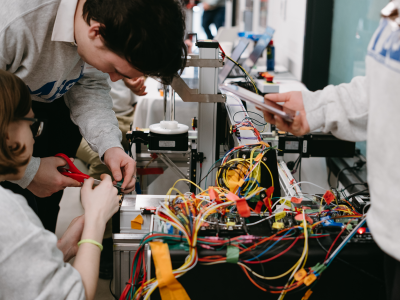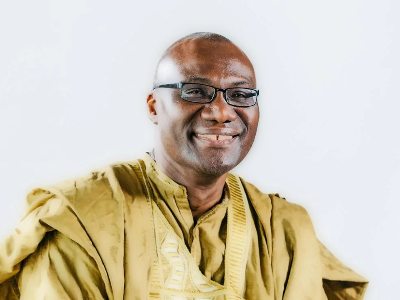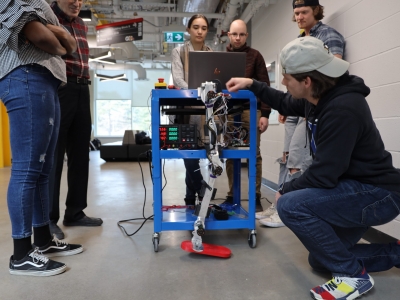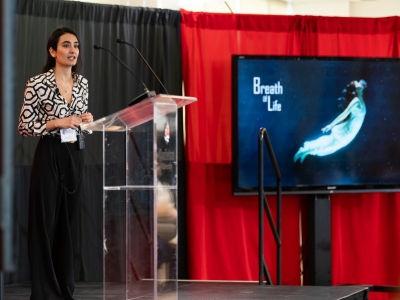Natalie Linklater was a shy child, but as a Girl Guide, even the “quiet kid” was able to earn badges. She enjoyed the constructive activities and figuring things out. Today, as volunteer with Carleton University Women in Science and Engineering (CU-WISE), Linklater is helping a whole new generation of Girl Guides discover the joy of engineering.
“Out of high school, I didn’t even consider engineering,” says Linklater, now completing a PhD in environmental engineering. “There’s no ‘engineering class’ to give young people exposure to and awareness of the scope of engineering. That’s why outreach is so important.”
Offered through Carleton’s Virtual Ventures program, the Girl Guide badge day is one of the activities designed to engage girls in engineering. CU-WISE volunteers help with the day’s activities, and run outreach events for high school and university students throughout the year that demystify engineering, and even the campus. The annual Women in Research day brings high school students to campus to meet professors and graduate students who explain their research.
“CU-WISE volunteers are close in age to high-school students, so young women can relate to us, and see themselves in our place,” says Linklater. “We can show them the path.”
Linklater’s path to engineering took a few turns. As an undergraduate student studying biotechnology, Linklater felt she was changing the very nature of things. Uncomfortable with the idea of manipulating the building blocks of life, she shifted to environmental engineering in an attempt to restore nature rather than alter it.
“Environmental engineering is about minimizing our impact on the world,” says Linklater. Her doctoral research examines molecular techniques for studying the fate of pathogens during water and wastewater disinfection. Working with supervisor Banu Örmeci, Canada Research Chair in Wastewater Treatment Engineering, she is monitoring the effectiveness of non-chlorine and ultraviolet disinfection agents.
“The easiest and best way to protect our water supplies is to limit the pollutants we introduce into it,” says Linklater. “Chemicals and bacteria persist in our water supply.”
Since much of Linklater’s lab work is done alone, she finds being active in CU-WISE keeps her engaged in the broader community. With a mix of academic discussions, practical panels on navigating a career, networking and work-life balance, and activities like yoga or Zoomba, CU-WISE offers professional and social opportunities for researchers and students to interact.
In 2012, Linklater won the Claudette MacKay-Lassonde Graduate Engineering Scholarship. Sponsored by the Canadian Engineering Memorial Foundation, the scholarship is awarded to one outstanding female engineering PhD student in Canada who demonstrates leadership skills, is involved in her own community and encourages others to contribute to bettering Canadian society.
“I have had a lot of fun sharing my passion for engineering with younger students and it’s nice to be recognized for the extracurricular work that I have done to promote engineering,” says Linklater, who has also been active with Go Eng Girl, Girl Guides, and Let’s Talk Science. She worked with the Air and Waste Management Association to set up the Society of Environmental Engineering, Management, Development and Science (SEEDS) student chapter at Carleton.
“Being in engineering programs showed me I can hold my own,” says Linklater. “I’m not scared to try new things; I don’t shy away from competition. Engineering has changed that quiet kid into a woman who goes for it.”
Get involved!
CU-WISE isn’t just for students—alumni are welcome. If you are interested in being a speaker or mentor, visit carleton.ca/wise. CU-WISE pairs working professional women with university and high school girls to help them navigate academic and career options.



